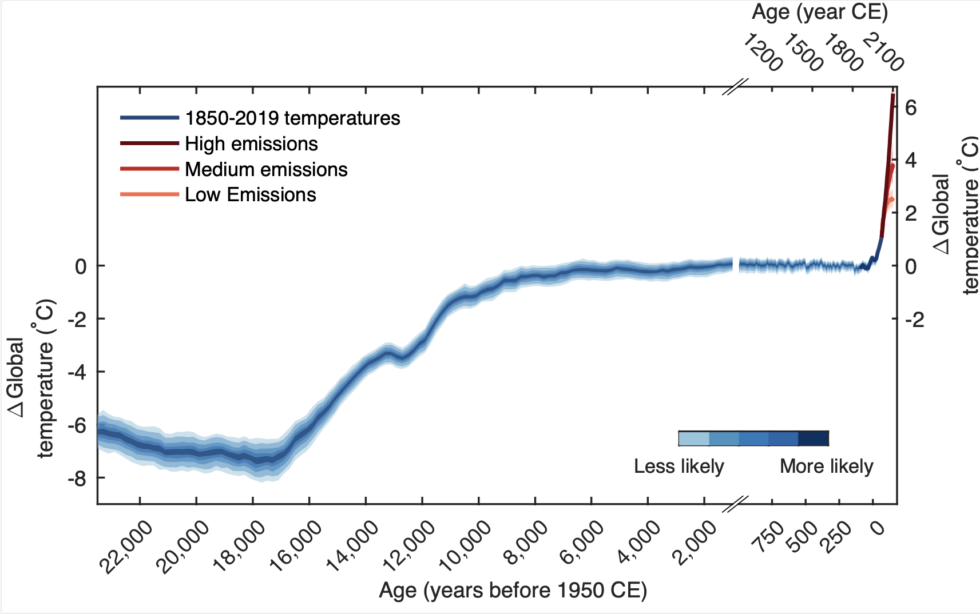So what changed?
Osman and colleagues concluded that most of the conundrum’s resolution is due to the sophisticated handling of geographic unevenness in their data compared to prior work. “Older reconstructions are just binned latitudinal averages,” said Tierney. “[That] method has a downside in that it doesn’t account for temperature changes in regions that are unsampled.”
Tierney’s team also found the conundrum could not be explained by seasonal growth of the plankton and algae used to reconstruct temperatures. “Even after accounting for seasonal bias, we still could not reconcile the [results] with reconstructions based on proxies alone,” said Tierney. “This led us to conclude that spatial representation was the most important factor.”

Dr. Shaun Marcott of the University of Wisconsin-Madison, who led a proxy reconstruction of Holocene climate in 2013, told Ars that the new work is a significant step forward. "The full field surface temperature reanalysis… is well beyond prior papers and has taken this team of scientists close to a decade to build," he said, adding, "It is a triumph, and what this group has been doing is spectacular!"
For Mann, who had to go all the way to the US Supreme Court to defend his work and reputation, this work represents yet another vindication. “It’s become clear that the hockey stick ‘handle’ is much longer, and the ‘blade’ is sharper as we’ve warmed substantially since 1998 when we first published the ‘Hockey Stick,’” he told Ars.
Nature, 2021. DOI: 10.1038/s41586-021-03984-4
Howard Lee is a freelance science writer focusing on geology and climate change in deep time. He holds a B.Sc. in Geology and M.Sc. in Remote Sensing, both from the University of London, UK. When not writing, he’s probably gardening, hiking, or kayaking near his home in rural Massachusetts.
reader comments
227